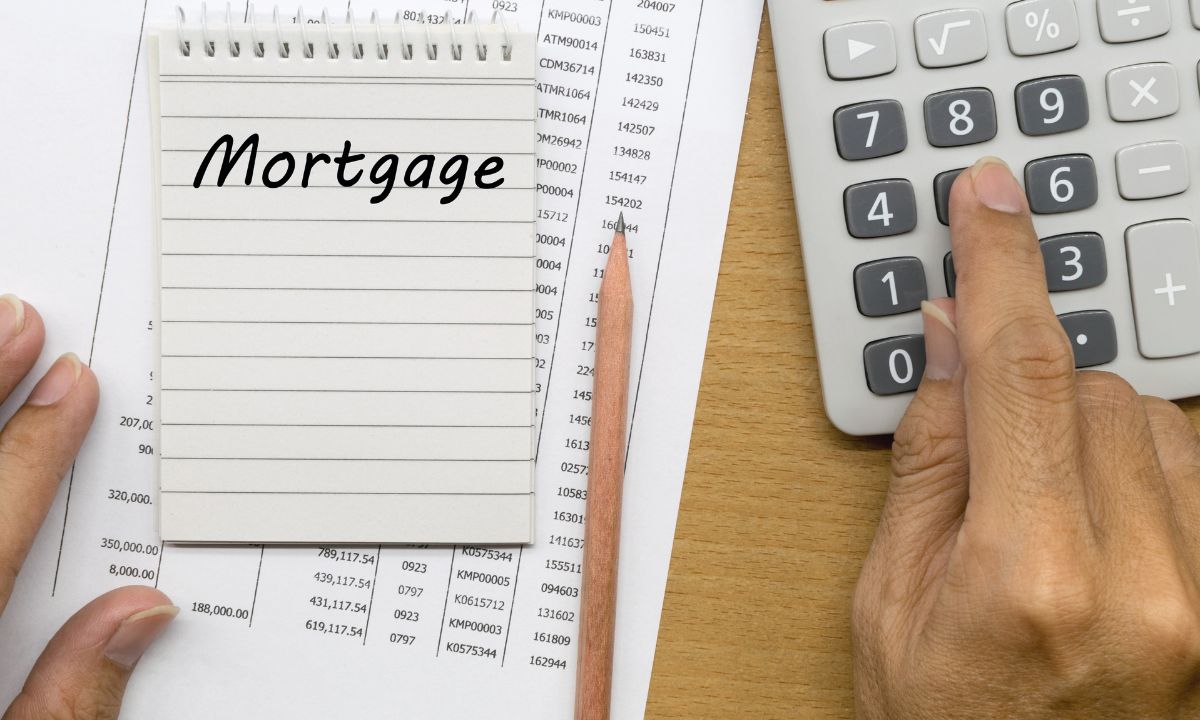 Buying a home is one of the biggest financial decisions you’ll ever make, and you want to make sure you’re as prepared as possible. Whether you’re just starting to browse homes or are ready to put in an offer, one of the most important steps you can take is getting preapproved for a mortgage.
Buying a home is one of the biggest financial decisions you’ll ever make, and you want to make sure you’re as prepared as possible. Whether you’re just starting to browse homes or are ready to put in an offer, one of the most important steps you can take is getting preapproved for a mortgage.
Preapproved vs. Prequalified: What’s the Difference?
While you might come across the term prequalification during your home search, it’s important to understand the distinction between being prequalified and preapproved.
Prequalification is a simpler process where the lender gathers basic financial information to give you a rough estimate of how much you can borrow. However, it doesn’t carry the same weight as preapproval. Prequalification can be helpful if you’re just beginning to look at homes, but it doesn’t carry the same authority or guarantee as preapproval.
Preapproval, on the other hand, is a more detailed and formal process. Since it involves submitting documentation and having your financial information reviewed by the lender, it offers a more accurate picture of what you can afford. A preapproval letter gives you a competitive edge, especially in a competitive housing market.
Why Getting Preapproved Now Makes a Big Difference
- Know Your Budget Upfront
One of the main benefits of getting preapproved is that it helps you understand exactly how much home you can afford. A pre-approval letter ensures you won’t fall in love with a house you can’t afford, saving you time and emotional energy. - Stand Out in a Competitive Market
If you’re in a market where multiple offers are common, having a preapproval letter can give you a distinct advantage. Sellers want to know that potential buyers can actually secure the financing needed to complete the transaction. In many cases, sellers may choose an offer from a preapproved buyer over one from someone who hasn’t completed this step. - Faster Home Search and Closing
Preapproval can also speed up the home search process. When you have a pre-approval letter, you can immediately start making offers on homes you love. Furthermore, because the lender has already reviewed your financials, the closing process will likely go much faster, reducing the time between offer acceptance and homeownership. - Secure the Best Interest Rate
The better your financial position, the better the interest rate you can secure. If you receive a pre-approval with favorable terms, it can give you an edge in negotiating the best deal. - Confidence in Your Offer
When you make an offer on a home, you want to feel confident that your financing will be approved. You know that the lender has already done the homework and that you’re in a strong position to secure the loan you need.
How Preapproval Can Help You Make the Best Offer
In today’s housing market, being preapproved is almost a necessity. Without it, you may find yourself losing out on your dream home to another buyer who has already taken the necessary steps.
If you’re thinking about buying a home, getting preapproved is your first step. Give us a call to see what options are available for you.
 If you’re new to homeownership, you might be wondering exactly what makes up the mortgage payment you’re sending each month. Beyond just the loan amount itself, there are several different components that all factor into your monthly mortgage payment. Understanding these components not only helps you see where your money is going but can also assist you in optimizing your mortgage and possibly securing a better rate.
If you’re new to homeownership, you might be wondering exactly what makes up the mortgage payment you’re sending each month. Beyond just the loan amount itself, there are several different components that all factor into your monthly mortgage payment. Understanding these components not only helps you see where your money is going but can also assist you in optimizing your mortgage and possibly securing a better rate.